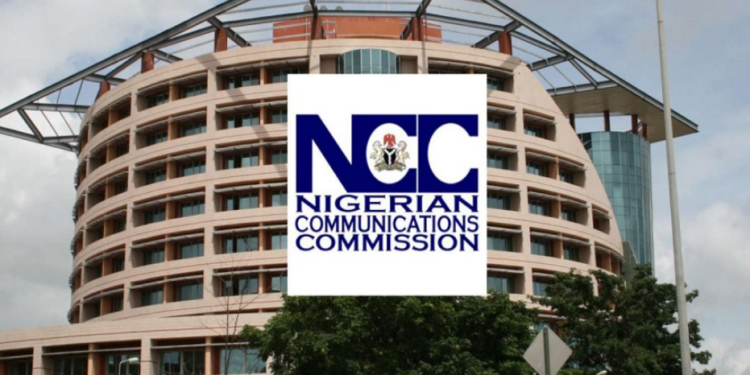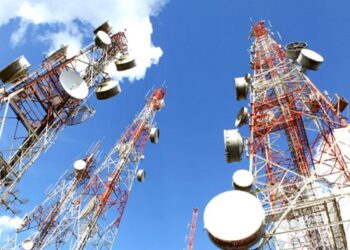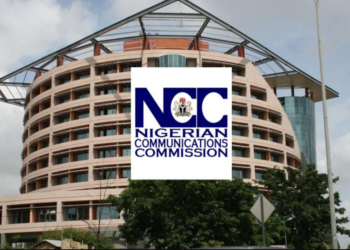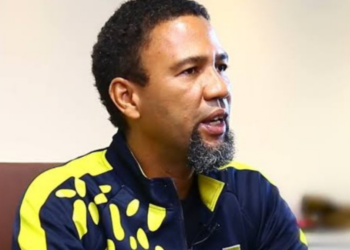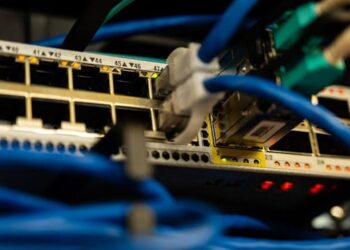The Nigerian Communications Commission (NCC) has approved a partial disconnection of Globacom by MTN over the former’s refusal to pay interconnect debt.
The partial disconnection means that Globacom’s subscribers will not be able to make calls to any MTN number. However, Glo customers can receive inbound calls from MTN customers.
The NCC disclosed this in a public notice issued on Monday. According to the telecom regulator, Globacom has been given a 10-day notice starting from January 8, after which the disconnection will be implemented.
What the NCC is saying
The Commission in a public notice to inform Globacom’s subscribers of the development said:
- “The Nigerian Communications Commission hereby notifies the public and subscribers of Globacom Limited (Globacom) that approval has been granted for the partial disconnection of Globacom from MIN Nigeria Communications Plc. (MTN), due to non-settlement of interconnect charges.
- “Globacom was notified of the application made by MTN and was allowed to comment and state its case. The Commission, having examined the application and circumstances surrounding the indebtedness, determined that Globacom does not have sufficient or justifiable reason for non-payment of the interconnect charges.
- “All subscribers are, therefore, requested to TAKE NOTICE that: The Commission has approved the Partial Disconnection of Globacom to MTN in accordance with Section 100 of the Nigerian Communications Act, 2003, and Paragraph 9 of the Guidelines on Procedure for Granting Approval to Disconnect Telecommunications Operators, 2012.
- “At the expiration of 10 (ten) days from the date of this notice, subscribers of Globacom will no longer be able to make calls to MTN but will be able to RECEIVE CALLS. The Partial Disconnection, however, will allow inbound calls to the Globacom network. Please note that this disconnection will subsist until otherwise determined by the Commission.”
The interconnect debt debacle
This development is coming as the first bold move by the telecom regulator to address the problem of interconnect debt that has been plaguing the Nigerian telecom industry for years.
As of 2020, the immediate past Executive Vice Chairman of the NCC, Prof Umar Danbatta, put the interconnect debt figure at over N70 billion, noting that this has been threatening the operators’ capacity to expand their infrastructure for better quality service.
Danbatta had described the interconnect debt as “a big challenge to infrastructure expansion and inimical to healthy competition” which are needed for facilitating the digital economy in Nigeria.
What you should know
Interconnect rate is the price that telecommunications operators pay each other for calls terminating on their networks.
If a call originates from network A, for instance, and ends on network B, what A pays B for terminating the call is the interconnect rate. However, operators have failed to settle this cost over the years and the debt continues to pile up.

